Shortest Wars In The World: Top 10 In History
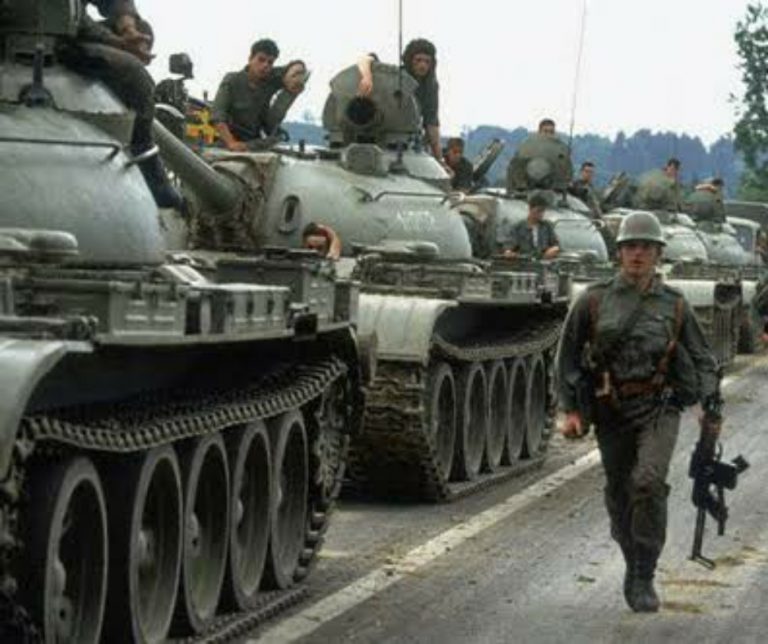
The brevity of certain wars stands in stark contrast to the prolonged agony often associated with conflicts. In the vast expanse of historical warfare, where disputes over land and various grievances claim countless lives, some engagements prove astonishingly brief. Notably, the Reconquista, spanning a staggering 781 years, serves as an extreme example of protracted conflict.
Yet, amid the annals of warfare, there exists a collection of remarkably short-lived confrontations; wars that approached resolution almost as swiftly as they commenced. In considering the spectrum of human conflict, it is intriguing to delve into the accounts of the ten briefest wars in recorded history.
These succinct and often overlooked chapters of military history shed light on the transient nature of certain geopolitical tensions. Rather than enduring the prolonged suffering characteristic of many wars, these conflicts unfolded within a remarkably condensed timeframe, leaving a distinctive mark on the broader narrative of human strife.
Top 10 Shortest Wars In The World
- Anglo-Zanzibar War (1896)
- Six-Day War (1967)
- Indo-Pakistani War (1971)
- Serbo-Bulgarian War (1885)
- Armeno-Georgian War (1918)
- Sino-Vietnamese War (1979)
- Greco-Turkish War (1897)
- Second Balkan War (1913)
- Polish-Lithuanian War (1920)
- Falklands War (1982)
1. Anglo-Zanzibar War (1896)
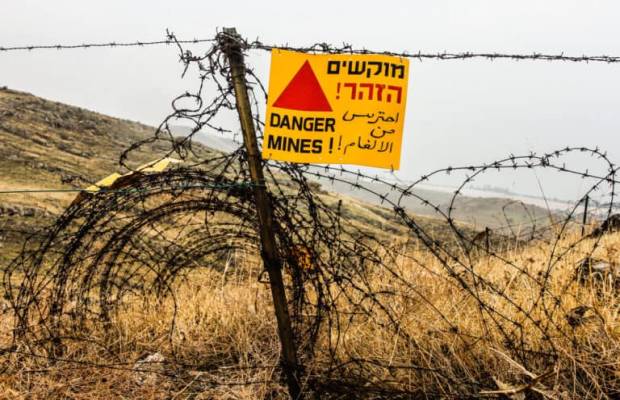
The shortest war in world history, the Anglo-Zanzibar War of 1896, holds the remarkable record of lasting only 45 minutes, with some estimates suggesting an even briefer duration of 38 minutes. The conflict arose between the British Empire and the Zanzibar Sultanate following the death of pro-British Sultan Hamad bin Thuwaini on August 25th, 1896.
Sultan Khalid bin Barghash, the successor, bypassed the required British approval for leadership changes outlined in a prior agreement. In response, the British Empire demanded his resignation and departure from the palace. When Khalid refused and barricaded himself, the British Navy bombarded the palace and sank the Zanzibari HHS Glasgow.
READ ALSO » Longest Wars In The World: Top 10 History
Surviving the bombardment, Sultan Khalid bin Barghash sought asylum in German East Africa. The British Empire replaced him with Sultan Hamoud, effectively transforming Zanzibar into a puppet state. Despite its brevity, the war left a lasting mark on the geopolitical landscape of the region, showcasing the swift and decisive power dynamics characteristic of imperial influence during that era.
2. The Six-Day War (1967)
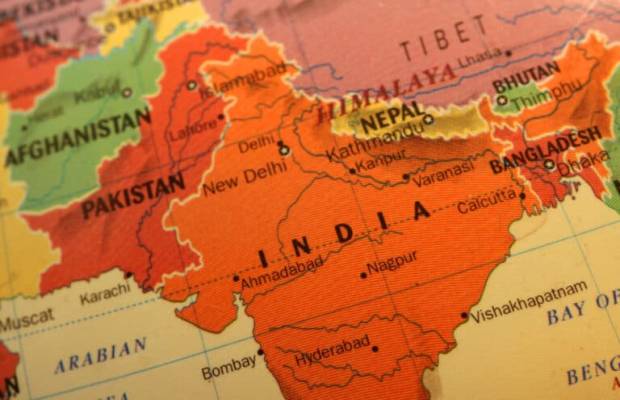
Lasting a mere six days in 1967, the Six-Day War, also known as the War of 1967 or the Third Arab-Israeli War, is the second shortest war in history. Despite its brevity, its impact reverberates in the ongoing Arab-Israeli conflict.
Triggered by Egypt's closure of the Straits of Tiran to Israeli vessels in May 1967, Israel responded on June 5th with airstrikes targeting Egyptian airfields. This preemptive strike decimated much of Egypt's aerial capabilities, providing Israel with a significant advantage. Subsequent Israeli offensives into the Sinai Peninsula, Gaza Strip, and defensive actions by Jordan and Syria unfolded rapidly.
By June 8th, Egypt and Jordan agreed to a ceasefire, followed by Syria a day later. Despite its brief duration, the war had far-reaching consequences. Over 280,000 Palestinian and 100,000 Syrian civilians were displaced, and the closure of the Suez Canal by Egypt contributed directly to the energy crisis of the 1970s and the 1973 oil crisis.
Today, remnants of the Six-Day War, such as old minefields forming the Israeli-Syrian border in the Golan Heights, serve as lasting reminders of the conflict's enduring impact on the region.
3. Indo-Pakistani War (1971)
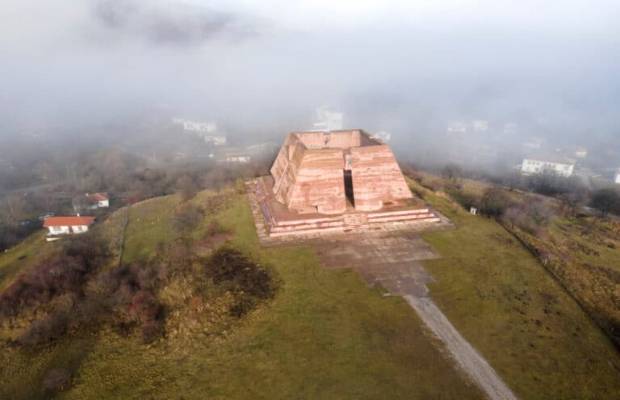
Spanning 13 days in 1971, the Indo-Pakistani War marked a critical phase within the broader context of the Bangladesh Liberation War. Lasting eight months, the civil conflict unfolded in East Pakistan (present-day Bangladesh), where Bengali nationalist forces sought independence.
In November 1971, India intervened by invading East Pakistan to support the Bengali nationalist cause. Pakistan responded with air strikes on Indian air stations and other offensive measures. Following India's official declaration of war, Pakistani forces faced heavy losses and swift capture, culminating in a surrender after a mere 13 days.
READ ALSO » Top 10 Deadliest Wars In Human History
This surrender led to the secession of East Pakistan, establishing the independent nation of Bangladesh. The broader Bangladesh Liberation War, marked by significant combatant and civilian casualties, highlighted the profound impact of Indian intervention in shaping the geopolitical landscape of South Asia.
4. Serbo-Bulgarian War (1885)
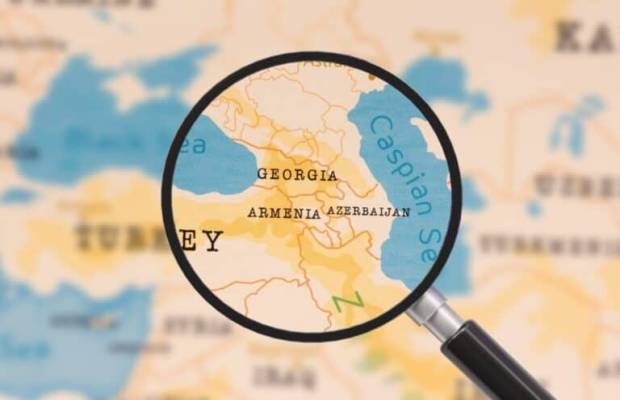
Lasting a mere 14 days in 1885, the Serbo-Bulgarian War unfolded against the complex backdrop of Eastern Rumelia's unification with Bulgaria in September of the same year. The region, predominantly Bulgarian in population, faced opposition from major world powers like Russia and, notably, Austria-Hungary.
Serbia, apprehensive about Bulgaria's growing influence, sought a joint attack with Greece, but Greece declined. Subsequently, Serbia unilaterally invaded, citing the expulsion of a Serbian guardhouse on the now-Bulgarian side of the Timok River as justification. Bulgaria, initially positioned away from the border, responded defensively and later launched a successful counter-offensive, capturing the Serbian city of Pirot.
Austria-Hungary's threat of intervention compelled Bulgaria to pull back, and the war concluded without territorial changes. However, the major powers officially recognized the unification between Bulgaria and Eastern Rumelia. Despite this diplomatic outcome, the 14-day conflict inflicted irreparable damage on the relationship between former allies Serbia and Bulgaria, underscoring the intricate geopolitical dynamics of the time.
5. Armeno-Georgian War (1918)

Lasting a mere 24 days in 1918, the Armeno-Georgian War emerged from the aftermath of the First World War, where the Ottoman Empire relinquished control over various regions, including Lori, Javakheti, and Borchalo. Inhabited by both Georgians and Armenians, these contested zones sparked conflicting claims from both nations.
The brief conflict concluded with British intervention, compelling a cease-fire. The aftermath saw both Armenia and Georgia asserting victory, leading to the establishment of a neutral zone. Captain A. S. G. Douglas assumed control over this zone, overseeing troops from both nations.
Despite the imposed neutrality, the belief persisted on both sides that they would have emerged victorious if not for British intervention. The war's unresolved nature and the lingering territorial disputes underscored the complexity of regional dynamics during this tumultuous post-World War I period.
6. Sino-Vietnamese War (1979)
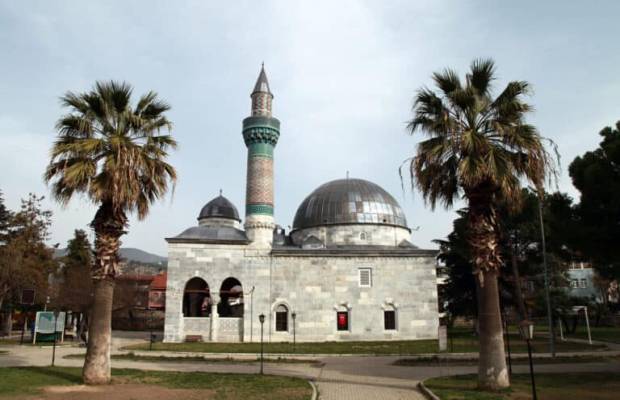
Lasting 27 days in 1979, the Sino-Vietnamese War unfolded in response to Vietnam's invasion of Cambodia, then under Khmer Rouge rule supported by China. China launched a surprise invasion, capturing cities near the shared border with the goal of threatening Hanoi, Vietnam's capital.
READ ALSO » Top 10 History Most Shortest People In The World
As Vietnam redirected forces from Cambodia to defend Hanoi, China declared victory and withdrew. However, China fell short of its objective to compel Vietnam's complete withdrawal from Cambodia. The war emphasized that Vietnam couldn't rely on Soviet defense in the event of a Chinese invasion, and China experienced fewer losses during the 27-day conflict.
The aftermath left both sides claiming victory, highlighting the complexity of the situation. The unresolved territorial and geopolitical issues persisted, shaping the narratives of victory and loss for each nation involved.
7. Greco-Turkish War (1897)

Known as the Thirty Days’ War, the Greco-Turkish War of 1897 arose from the dispute over Crete, a region with a Greek-majority population claimed by the Ottoman Empire. The conflict marked Greece's first open war in over 70 years since the Greek War of Independence. Lacking preparations, fortifications, weapons, and training, Greece faced a swift defeat as Ottoman forces swiftly pushed them out.
The Ottoman Empire, poised for further aggression, faced foreign intervention from unrelated European nations. This external involvement compelled the Ottomans to agree to a cease-fire, preventing them from advancing deeper into Greek territory.
Notably, the Greco-Turkish War was the first conflict ever captured on camera, although the footage has since been lost to history. Despite its brevity, this war left an indelible mark on the strained relations between Greece and the Ottoman Empire during the late 19th century.
8. Second Balkan War (1913)

In a succinct 32-day conflict during 1913, Bulgaria found itself in a one-against-four scenario against former allies Serbia and Greece, along with new adversaries Romania and the Ottoman Empire. The roots of this clash trace back to the dissatisfaction following the First Balkan War (1912-1913), where the four allies, including Bulgaria, had triumphed over the Ottoman Empire.
Seeking a better share of the spoils, Bulgaria initiated hostilities against Serbia and Greece in June 1913. However, Romania and the Ottoman Empire seized the opportunity to join forces against Bulgaria, tilting the odds significantly.
The overwhelming four-versus-one dynamic left Bulgaria with little chance, and the conflict concluded within a month, leading to the Treaty of Bucharest. The terms were harsh for Bulgaria, compelling the relinquishment of East Thrace to the Ottoman Empire, Southern Dobruja to Romania, portions of Western Thrace to Greece, and the majority of Vardar Macedonia to Serbia.
Despite its brevity, the war resulted in a combined total of 76,000 casualties among the involved nations, highlighting the intensity and consequences of this swift and impactful conflict.
9. Polish-Lithuanian War (1920)

In a brief 37-day conflict during 1920, Poland and Lithuania engaged in hostilities over the Vilnius and Suwalki regions following their respective declarations of independence.
Discrepancies exist regarding the exact timeline of the war, with Lithuanian historians situating it within the broader Lithuanian Wars of Independence from May 1919 to November 1920. Conversely, Polish historians narrow the duration to September to October 1920.
The crux of the conflict lay in the contested ownership of Vilnius. Although declared the capital of Lithuania by the newly independent Lithuanian Council, Vilnius had been transferred to Poland by Germany a year earlier. The volatile situation saw Vilnius change hands between Polish, Lithuanian, and Soviet Bolshevik forces up to seven times during the 37-day conflict.
Despite the relatively short direct conflict, the debate over territorial ownership persisted. In 1922, elections in the region led to its official annexation by Poland, a move unrecognized by Lithuania. The oscillation continued, with Vilnius returning to Lithuania in 1940 under the Soviet-Lithuanian Mutual Assistance Treaty, only to be subsequently occupied by the Soviet Union.
Lithuania's final victory in reclaiming Vilnius came in 1991, marking the end of territorial disputes and the regaining of independence from the Soviet Union.
10. Falklands War (1982)
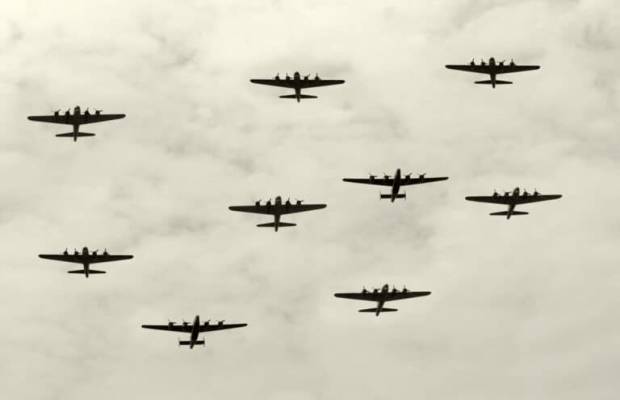
In the 42-day conflict of 1982, Argentina asserted its claim to the Falkland Islands and South Georgia, integral parts of the United Kingdom Overseas Territories. Argentina's ongoing contention that these territories are rightfully theirs clashed with the UK's perception of the invasion.
Reacting swiftly, the British government dispatched a substantial naval task force under Admiral Sir J.D.E. Fieldhouse three days after the Argentine invasion. The conflict persisted for 74 days until Argentina's surrender on June 14th, resulting in the loss of 649 Argentine military lives, 255 British military personnel, and three Falkland Islanders.
Despite the apparent resolution in favor of the United Kingdom, the dispute over ownership lingers. Argentina maintains its territorial claim, while in 2013, the citizens of the Falkland Islands voted overwhelmingly to remain part of the United Kingdom. The brevity of the 1982 war contrasts with the enduring complexity of the territorial disagreement, which persists to this day.
In examining these historical conflicts, it is evident that the duration of a war does not necessarily correlate with its lasting impact or complexity. From the swift Anglo-Zanzibar War to the more protracted conflicts like the Six-Day War and the Indo-Pakistani War, each engagement shaped geopolitical landscapes, redrew borders, and left enduring legacies. These brief but intense chapters underscore the intricate dynamics of international relations, territorial disputes, and the often unforeseen consequences of military interventions. The brevity of these wars serves as a testament to the unpredictable nature of armed conflicts and their profound implications on nations and regions throughout history.
